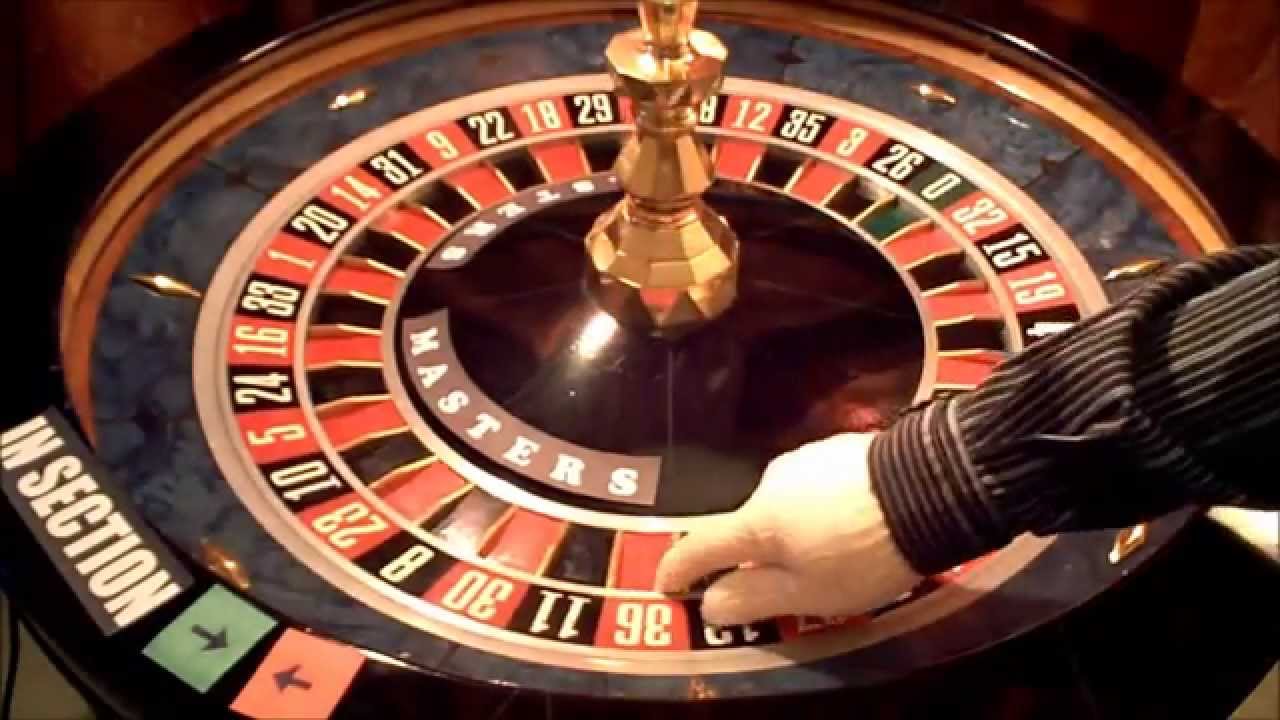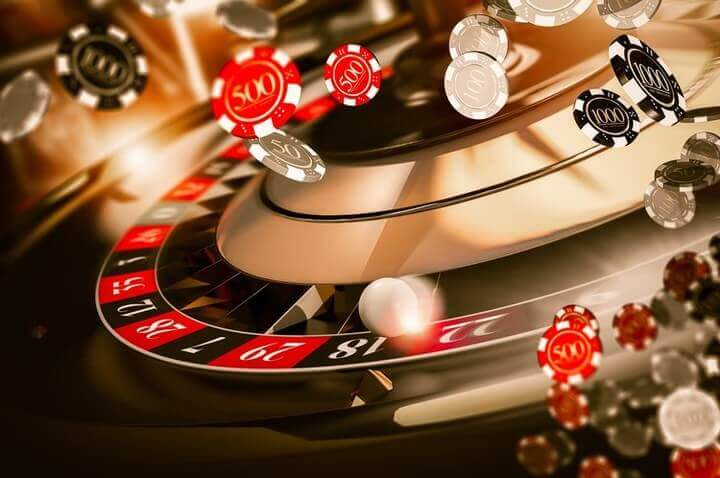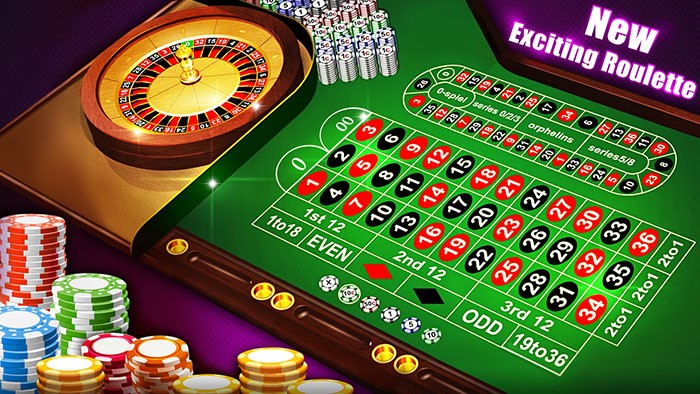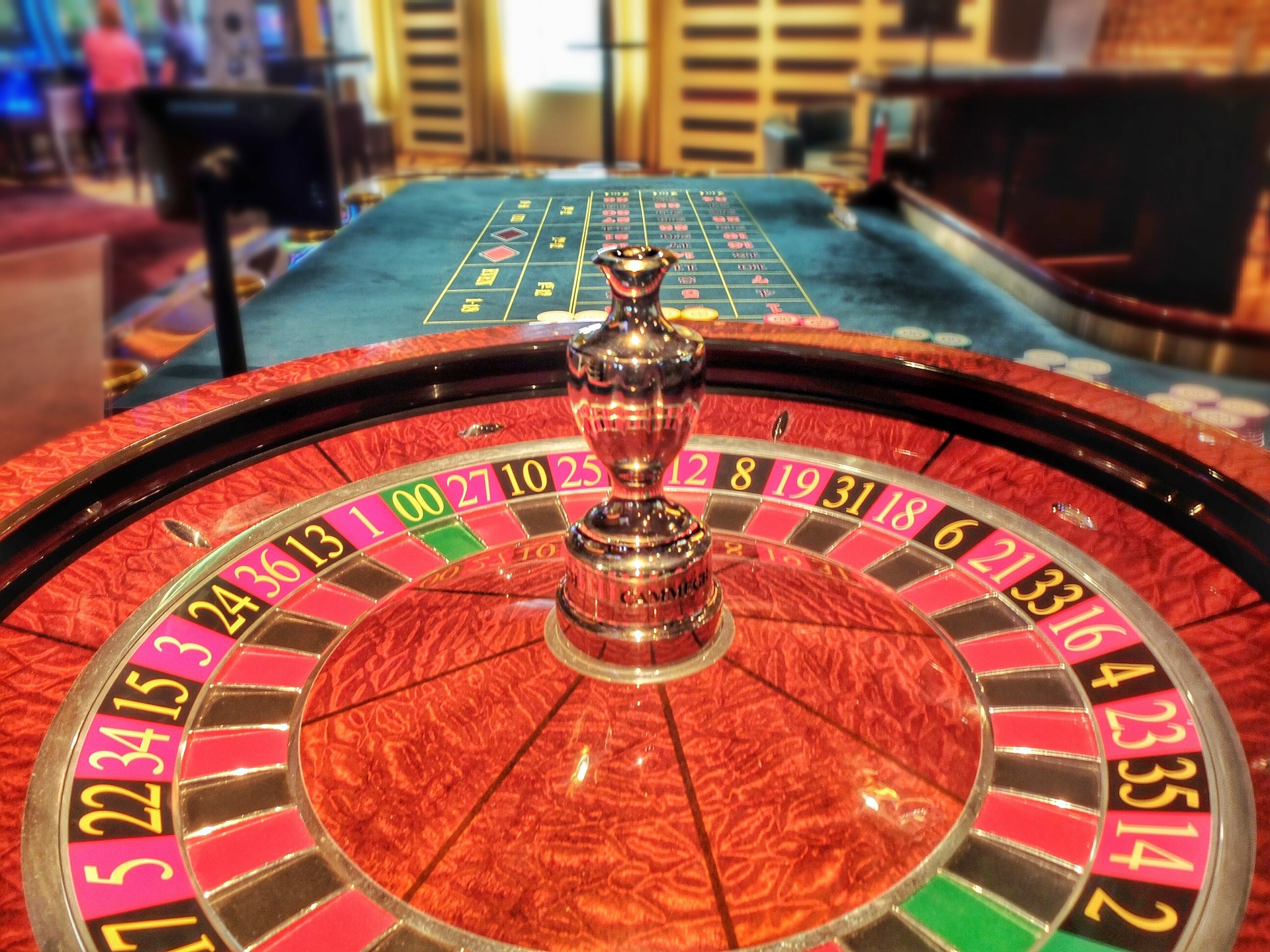Roulette has been a beloved casino game for centuries, captivating gamblers with its spinning wheel, element of chance, and timeless appeal. Join us as we uncover the intriguing history of roulette, tracing its origins and evolution.

Unveiling the Origins
The exact beginnings of roulette remain cloaked in mystery, with various theories surrounding its invention. Some attribute its creation to the Chinese, who devised a spinning wheel-like apparatus for divination purposes.
Others believe that ancient civilizations, including the Romans, Greeks, and Egyptians, had their own versions of gambling games involving spinning wheels.
A popular theory suggests that roulette drew inspiration from an ancient Roman game called “hoca.” This game involved a spinning chariot wheel, and players would wager on which compartment the wheel would halt on.
Although different from modern roulette in mechanics, the concept of betting on the outcome of a spinning wheel traces back to this ancient precursor.
The Birth of the Modern Roulette Wheel

While early forms of roulette were present in various cultures, it was in 17th-century France that the game began to resemble its contemporary form. Blaise Pascal, a French mathematician, is often credited with developing the initial roulette wheel.
Pascal’s pursuit of creating a perpetual motion machine inadvertently led to the creation of a rudimentary roulette wheel.
Pascal’s wheel featured a circular device with pockets along the edge, numbered from 1 to 36. The numbers were arranged differently from modern wheels, but the fundamental concept of a spinning wheel and wagering on its outcome was established.
Interestingly, Pascal’s intention was not to invent a gambling game but rather to explore the principles of motion and probability.
The Introduction of the Single Zero Wheel
During its early days, the roulette wheel contained both a single zero (0) and a double zero (00). However, this changed in the mid-19th century when French entrepreneurs François and Louis Blanc introduced a groundbreaking modification by eliminating the double zero pocket.
This alteration significantly improved players’ odds, reducing the house edge and enhancing the game’s allure.
The single zero wheel, also known as the European wheel, rapidly gained popularity due to its improved odds. The Blanc brothers introduced their version of roulette in the German spa town of Bad Homburg, attracting players from across Europe.
The success of the single zero wheel eventually led to its proliferation throughout the continent.
The Spread of Roulette across Europe
With the elimination of the double zero, roulette became increasingly popular across Europe. It became a favored pastime among the elite, and opulent casinos thrived in cities like Monte Carlo and Paris.
The game’s reputation for elegance and sophistication attracted players from all walks of life, firmly establishing its position in the realm of gambling.
Monte Carlo, in particular, played a pivotal role in roulette’s history. In the mid-19th century, the ruling family of Monaco, the Grimaldis, faced financial challenges.
To address this, they decided to establish a casino in Monte Carlo, elevating it to the gambling capital of Europe. Roulette became a centerpiece of the casino and swiftly became synonymous with the luxurious lifestyle associated with the principality.
<Bitcoin Casino – What Is Bitcoin Casino & Bitcoin Casino Sites?>
The Introduction of Roulette in America

While roulette flourished in Europe, it took a different path upon arriving in America. To differentiate the American version from its European counterpart, casinos reintroduced the double zero pocket to the wheel.
This modification gave rise to the American roulette wheel, featuring both a single zero and a double zero, thereby increasing the house edge once again.
The introduction of roulette in America is often attributed to French immigrants who brought the game to New Orleans in the early 19th century. From there, it spread along the Mississippi River and eventually reached the frontier towns of the Wild West.
The American version of roulette gained popularity throughout the country and remains a staple in many land-based casinos to this day.
The Evolution of Roulette Variations
Throughout its history, roulette has undergone various variations and adaptations. One such variation is the introduction of diverse betting systems, enabling players to place bets on specific numbers, ranges, or colors.
The two most popular variations are European roulette and American roulette, with the former offering more favorable odds due to the absence of the double zero pocket.
Additionally, numerous attempts have been made to create new and exciting versions of roulette. Mini roulette, for instance, features a smaller wheel with fewer numbers, providing a faster-paced and more compact gameplay experience.
Online casinos have also played a role in the evolution of roulette, introducing innovative features such as live dealer roulette, allowing players to interact with real dealers via video streaming.
Roulette’s Influence on Popular Culture
Roulette’s allure extends beyond the confines of the casino. Throughout history, the game has captured the imagination of artists, writers, and filmmakers, who have incorporated it into their works.
From classic novels like Ian Fleming’s “Casino Royale” to iconic movies like “Casablanca,” roulette has become synonymous with glamour, excitement, and the thrill of the unknown.
The symbolism of roulette as a metaphor for life’s uncertainties and risks has been explored through various artistic mediums. The spinning wheel, with its unpredictable outcome, serves as a potent symbol of fate and chance.
Moreover, mathematicians and statisticians have delved into roulette’s probabilities and strategies, adding an intellectual dimension to the game’s allure.
<APOLLO – Secure Cryptocurrency Sites Guide>
The Enchanting History of Roulette: A Conclusion

The history of roulette is a captivating narrative of chance, ingenuity, and cultural influence. From its enigmatic beginnings to its transformation into a global sensation, roulette has evolved and adapted over time.
Today, the game continues to captivate players worldwide, embodying elegance and fortune. Whether in a lavish casino or spinning the wheel online, the history of roulette adds depth and intrigue to every bet placed and every spin taken.
Roulette FAQ
What is the significance of Monte Carlo in the history of roulette?
Monte Carlo played a significant role in the history of roulette. In the mid-19th century, the ruling family of Monaco, the Grimaldis, faced financial difficulties. To revive their fortunes, they established a casino in Monte Carlo, making it the gambling capital of Europe.
Roulette became a prominent feature in the casino and quickly became associated with the luxurious and glamorous lifestyle of the principality. Monte Carlo attracted players from all walks of life and solidified its reputation as a hub for high-stakes gambling.
What is the cultural impact of roulette?
Roulette has had a significant impact on popular culture. It has been featured in numerous works of literature, film, and art, often symbolizing elegance, excitement, and the thrill of chance.
Writers like Ian Fleming, in his novel “Casino Royale,” and filmmakers, such as in the iconic movie “Casablanca,” have incorporated roulette into their narratives, capturing its allure and suspense.
Roulette’s symbolism as a metaphor for life’s uncertainties and risks has also fascinated artists. Its spinning wheel, representing fate and chance, has been explored in various artistic mediums, adding to the game’s cultural significance.
How has online gambling influenced the evolution of roulette?
The advent of online gambling has introduced new dimensions to the game of roulette. Online casinos offer players the convenience of playing roulette from their own homes, anytime and anywhere.
Furthermore, online casinos have introduced innovative features such as live dealer roulette, where players can interact with real dealers through video streaming. This immersive experience brings the excitement of a land-based casino directly to the player’s screen.
Additionally, online casinos have expanded the range of roulette variations available, including mini roulette and progressive jackpot roulette, providing players with diverse and engaging gameplay options.



